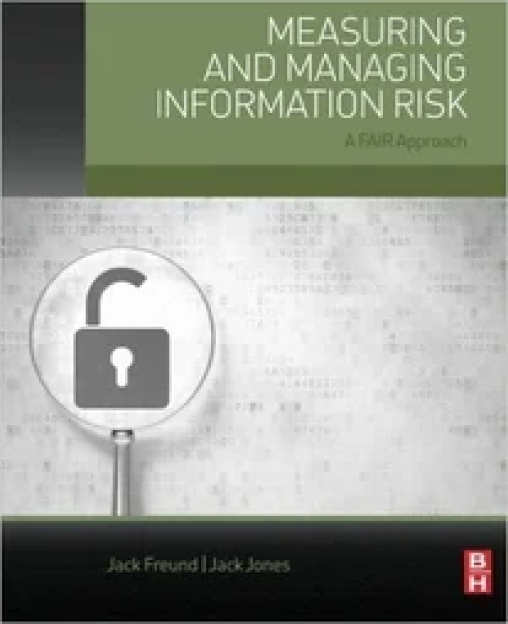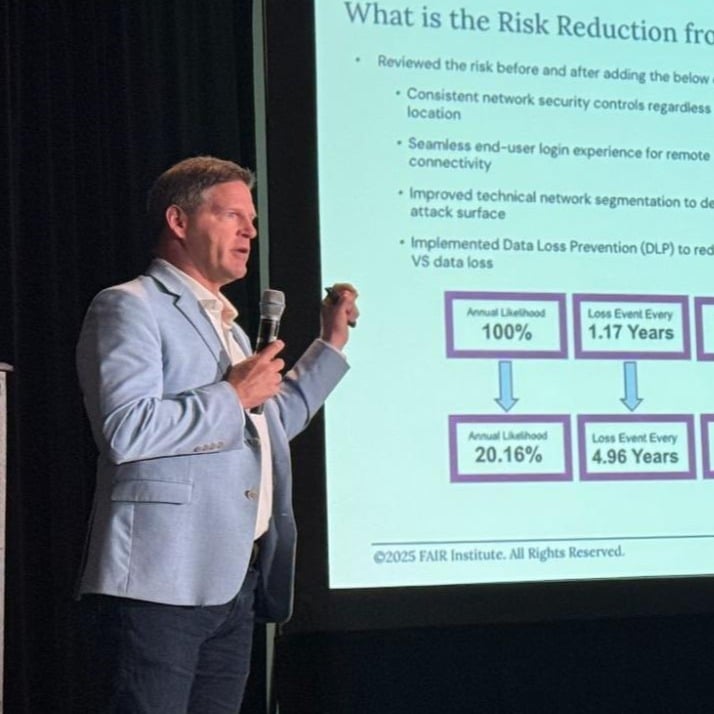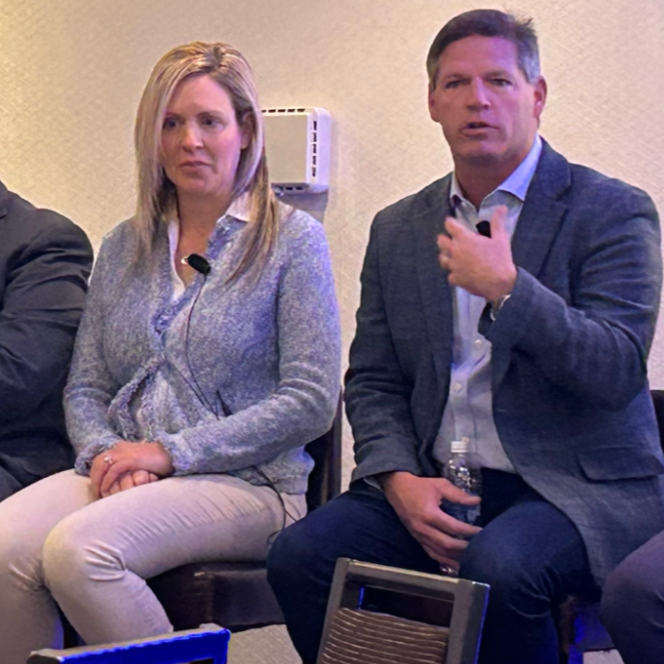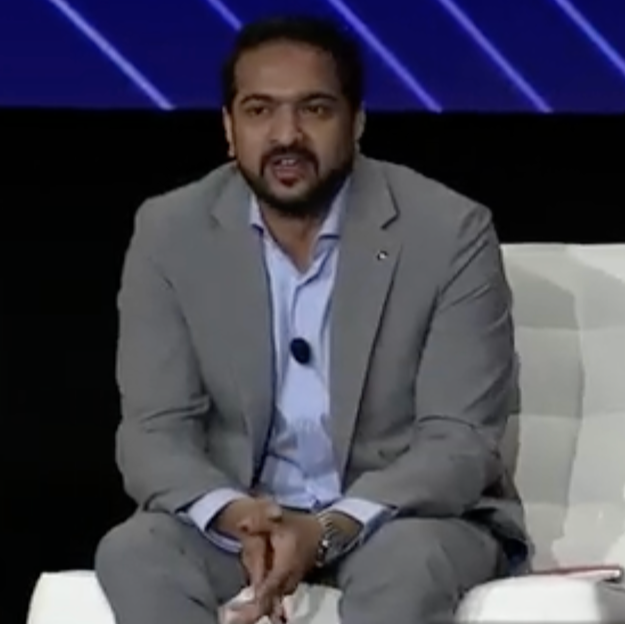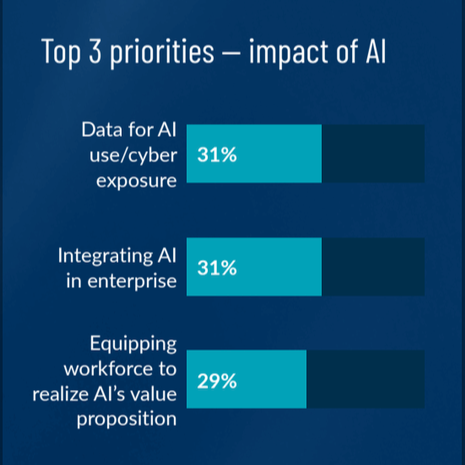What’s It Like to Go through FAIR Training in Cyber Risk Quantification?

 If you’re considering training in Factor Analysis of Information Risk (FAIR™) and wondering what the experience is like, we’ve got the authority right here: Bernadette Dunn, Head of Education for RiskLens, who leads many of the FAIR classes for beginners and the advanced.
If you’re considering training in Factor Analysis of Information Risk (FAIR™) and wondering what the experience is like, we’ve got the authority right here: Bernadette Dunn, Head of Education for RiskLens, who leads many of the FAIR classes for beginners and the advanced.
The FAIR Training Experience: Conversation with Bernie Dunn
 “We start with introductions – everyone introduces themselves and says what they want to learn. Instead of me just jumping in and talking at them right away, I set the tone that I want this to be a collaborative learning experience. I invite people to share because some people will have more knowledge than me to answer questions that come up. I also say, if there’s skepticism about FAIR, this is the time to talk about it.
“We start with introductions – everyone introduces themselves and says what they want to learn. Instead of me just jumping in and talking at them right away, I set the tone that I want this to be a collaborative learning experience. I invite people to share because some people will have more knowledge than me to answer questions that come up. I also say, if there’s skepticism about FAIR, this is the time to talk about it.
Two Goals: Learning FAIR and Learning to Communicate about Risk
“From a FAIR Fundamentals perspective, there are certain things to learn and memorize and spend time practicing building new habits. I call that out.
“But I also explain there’s the practical side to this. How this will help my job or my organization or my stakeholders. I always want to bring it back to why you are learning this. Typically, they want to learn FAIR to better communicate risk to a non-technical language. So, I also have them practice explaining this to someone who hasn’t been through FAIR training. Because at the end, if you can do risk assessments but you are talking to your organization in FAIR tech talk, none of this matters. It also comes down to how to simplify the results to communicate them.
Building the Skills
“I ask a lot of questions to get them to start using their critical thinking. I say I’m going to ask questions you may not know the answer to, and that’s intentional because I want you to use your critical thinking because when you go to apply FAIR, the answers aren’t going to be obvious.
“Next, we do actual case studies applying the methodology by doing some risk analysis within the RiskLens platform. Then we practice with role playing how to communicate to a stakeholder.
FAIR Certification or Not?
“The FAIR Fundamentals training prepares learners to pass the Open FAIR certification exam. Some learners are really focused on getting certified. Some don’t care about the exam – they are there to learn and apply FAIR. From a teaching perspective that’s a little tricky. I emphasize that the exam is academic, and terminology focused, so I tell those planning on taking the exam to learn it the way it will be tested.
Positive Reviews from Learners
“I get a lot of appreciation for my style of training that’s interactive and inviting for people. When I teach the virtual classes for two hours a day, I do a check in to help them recall what they previously learned, and I hear ‘In my work, I was able to use risk scoping or better identify assets.’ I love when that happens. That’s my goal: to help you guys apply this.”



